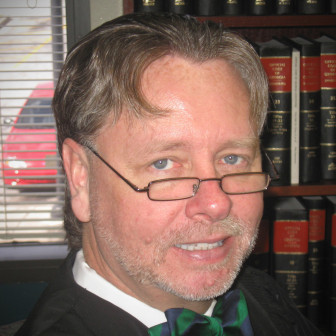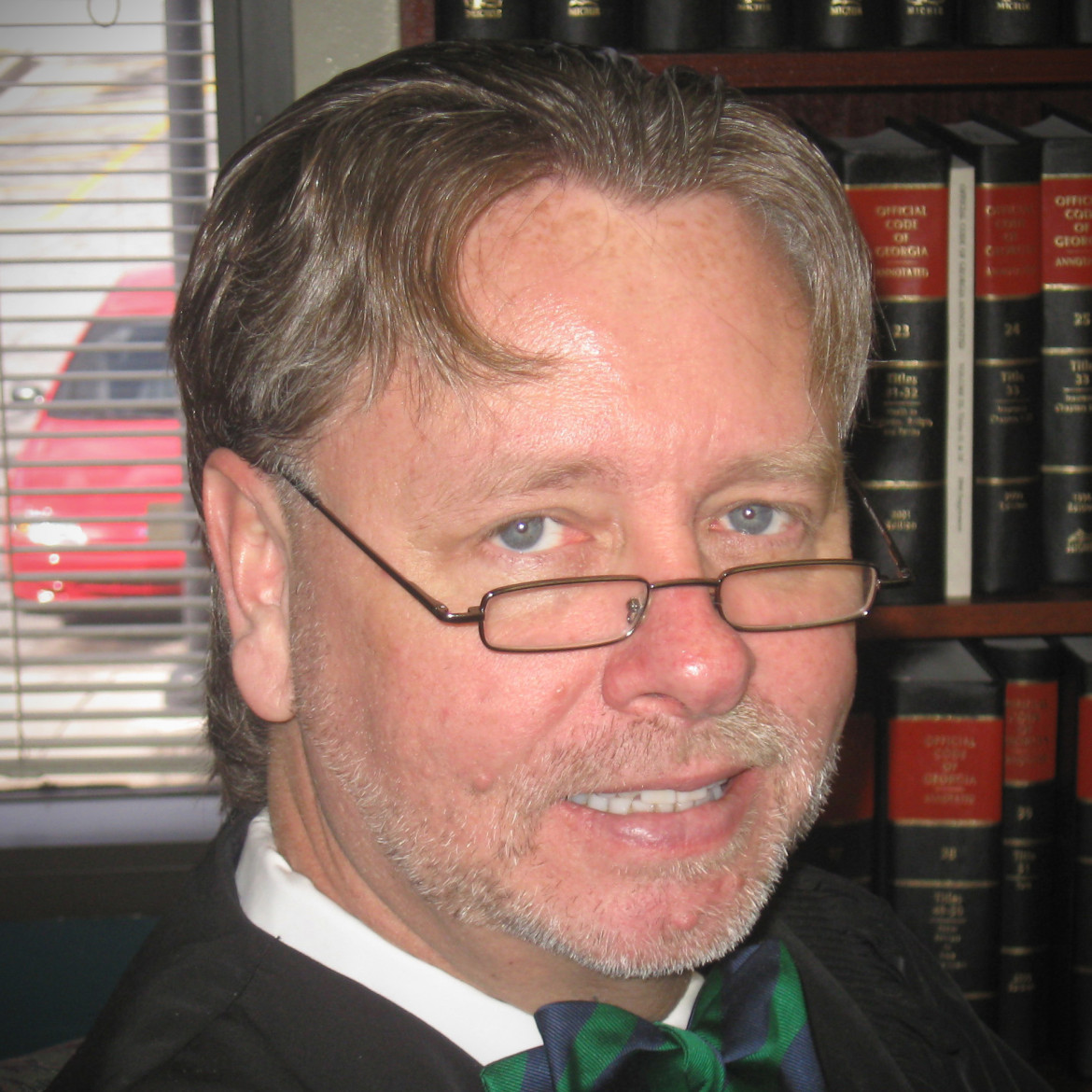 Once upon a time, in a land not far away, there was a judge who believed that convening stakeholders to create a school-justice partnership was contrary to the judicial canons.
Once upon a time, in a land not far away, there was a judge who believed that convening stakeholders to create a school-justice partnership was contrary to the judicial canons.
People in the community concerned about the use of police in school discipline matters wanted something done to stop the harsh effects of overcriminalizing minor juvenile misconduct.
They heard about a partnership created years ago in another land that reduced school arrests and developed alternative programs to keep kids in school and out of court.
They were spellbound by tales of the unexpected — kids who shouldn’t be graduating were graduating. They were enthralled by the stories chronicling dramatic decreases in crime. They were enchanted by the proverbs flowing from this other land, like “Keeping kids in school, out of court makes for a brighter future” and “How goes graduation, so goes crime.”
And one day they were told by three wise men who had studied this partnership that everything they’d heard was true.
They were told that other lands did the same things with similar outcomes and that they too could do the same: Just ask your judge to convene the police and schools to build a better system for kids.
But the judge said no: He believed that the judge in this other land violated the judicial canons and breached his duty to remain neutral.
And like Nero playing his fiddle while Rome burned, children continued to be consumed by the fires of zero tolerance practices while the judge looked on with sanctimonious conviction that his judicial canons barred him from saving kids from an abusive system.
This is a true story of a land that will remain unnamed.
This satirical description of my experience with this county raises questions about the first generation of my school-justice model — complete reliance on judicial leadership.
Don’t get me wrong — most jurisdictions were led to school-justice reform by judges convening stakeholders with the goal of creating a written protocol to reduce school arrests using alternatives in a graduated response matrix.
But I made the mistake of assuming that all judges would embrace the moral and ethical responsibility of acting to change their own system to keep kids safe and on a trajectory of a positive and healthy future.
Although these judges are not the majority, there are enough to make me question if we should look to mandating statewide collaboration on this topic and in the meantime find other champions.
 I refer to them as the “Paradoxical Judges” — on one hand they are in a profession obligated to protecting the welfare of children, but on the other they stop short of doing all they could to accomplish this objective.
I refer to them as the “Paradoxical Judges” — on one hand they are in a profession obligated to protecting the welfare of children, but on the other they stop short of doing all they could to accomplish this objective.
Most of these paradoxical judges argue that the judicial canons prohibit them from convening stakeholders because it violates the rule to remain neutral.
Neutral on what?
The fact that zero tolerance practices are abusive to kids; that arresting kids on minor school offenses is so traumatic it causes toxic emotional shock, increasing risks of harmful activities including suicide; and that a kid is twice as likely not to graduate if arrested on campus and four times as likely if they appear in court.
A judge is obligated by law to protect the physical, emotional, educational and moral welfare of every child in his or her county. This obligation includes making decisions if a child has been abused or neglected and taking action to protect that child.
[Related article: JDAI Help Led to More Travel, Collaboration, Less Bench-Sitting]
Once I have determined a child’s welfare to be in danger, I am no longer neutral about taking action — I am obligated to take action. How is this any different if I become aware that children are being harmed and their future destroyed by abusive techniques employed by schools and police under the guise of local or state policies called zero tolerance?
What’s worse is a judge whose court receives these cases, knows its harmfulness and does nothing.
And don’t say diversion is enough to avoid trauma when the arrest alone is harmful.
I know. I’ve been there and done that and decided that if I remained silent, I would be just as culpable as those enforcing these abusive policies and practices.
Or is it that these paradoxical judges can’t separate the trees from the forest and apply the judicial neutrality principle only when it comes to systemic abuse — harm caused by public agencies?
Just as social science research has assisted the Supreme Court in many ways to remedy abuses perpetrated by governments, from the elimination of “separate but equal” facilities to prohibiting life without parole for juveniles, it is a matter of time until the growing body of research will become a strategic legal tool to destroy programs that use zero tolerance policies to violate students’ due process.
Many individuals have been prosecuted in my courtroom for the crime of contributing to the dependency of a child via abuse and neglect. There is nothing barring an agency from this same fate, especially schools that promote practices resulting in harmful outcomes for students and that are acting in loco parentis, meaning in the place or role of a parent.
Let’s face it — the lawsuits against schools, judges and police have begun and some are already under Department of Justice oversight. It would appear that the social psychological phenomena of overlooking public agency conduct merely because of its status is beginning to break down.
Judges are permitted by Rule 3.2 of the American Bar Association model of judicial canons to engage public officials to improve the legal system because of their expertise. This rule has been adopted in most states and the abstaining states should reconsider their position, especially for juvenile and family court judges.
So long as judges believe they are barred from convening local stakeholders to remedy harmful systemic outcomes for children, their capacity to protect children will remain diluted by a paradoxical system that creates the paradoxical judge.
Steven Teske is chief judge of the Juvenile Court of Clayton County, Georgia, and vice chairman of the Governor's Office For Children and Families. He is a past president of the Council of Juvenile Court Judges and has been appointed by the governor to the Children & Youth Coordinating Council, DJJ Judicial Advisory Council, Commission on Family Violence, and the Governor's Office for Children and Families.
More related articles:
Should We Close All Youth Prisons and Is Now the Right Time?
States Should Mandate School-justice Partnership to End Violence Against Our Children
